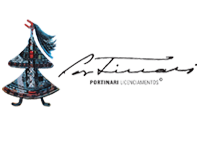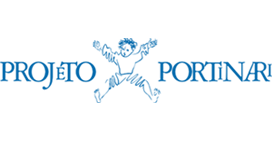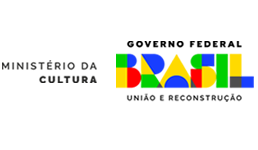General Info
Meeting Portinari; working with Gustavo Capanema as his secretary; Portinari's generosity with friends; "Portrait of a Negro"; Portinari's poems; Portinari's sensitivity to artists' criticism; freedom of Portinari's friends in his home; rivalry between Portinari and Segall; Tarsila do Amaral; the excellence of Portinari's murals at the Ministério da Educação e Saúde/MES; Portinari and Capanema's relationship; Mário de Andrade; Bruno Giorgio; Portinari, Carlos Drummond de Andrade as a communist sympathizer; the right's campaign against Judaism; the alliance between Getúlio Vargas and the communists; the inclination of intellectuals and artists towards the Left; Portinari joins the Communist Party; Portinari runs for Senator; Associação Brasileira de Escritores; the concept of the word "writer"; Graciliano Ramos; Otto Maria Carpeaux; D. Vindinha buys the painting "Coffee"; Capanema's temperament; the strength and resources of the Departamento de Imprensa e Propaganda/DIP; letters of resignation; a telegram of sympathy to Gilberto Freyre; Capanema is forced by Getúlio to fire Drummond; Drummond works at the Serviço do Patrimônio Histórico e Artístico Nacional/SPHAN; Rodrigo Mello Franco de Andrade; Capanema nominated for Ministry of Education; Drummond in his school years expelled from Colégio dos Jesuítas; Portinari receives a cable inviting him to participate in the New York World’s Fair; Portinari paints Drummond; "Portrait of Maria Julieta", Drummond's daughter; the controversy surrounding the "Portrait of Sofia Cantalupo"; Rockwell Kent edits his first book on Portinari; Portinari’s exhibition at Galerie Charpentier in Paris; the controversial "Portrait of Getúlio Vargas"; the article "The terrible Candinho",by Carlos Drummond de Andrade; the injustice of Mário Pedrosa to Portinari; Portinari's fidelity to his art; censorship and torture during Vargas’ government; Drummond's aversion to revolutions; political outcry in Portinari's art.
























































